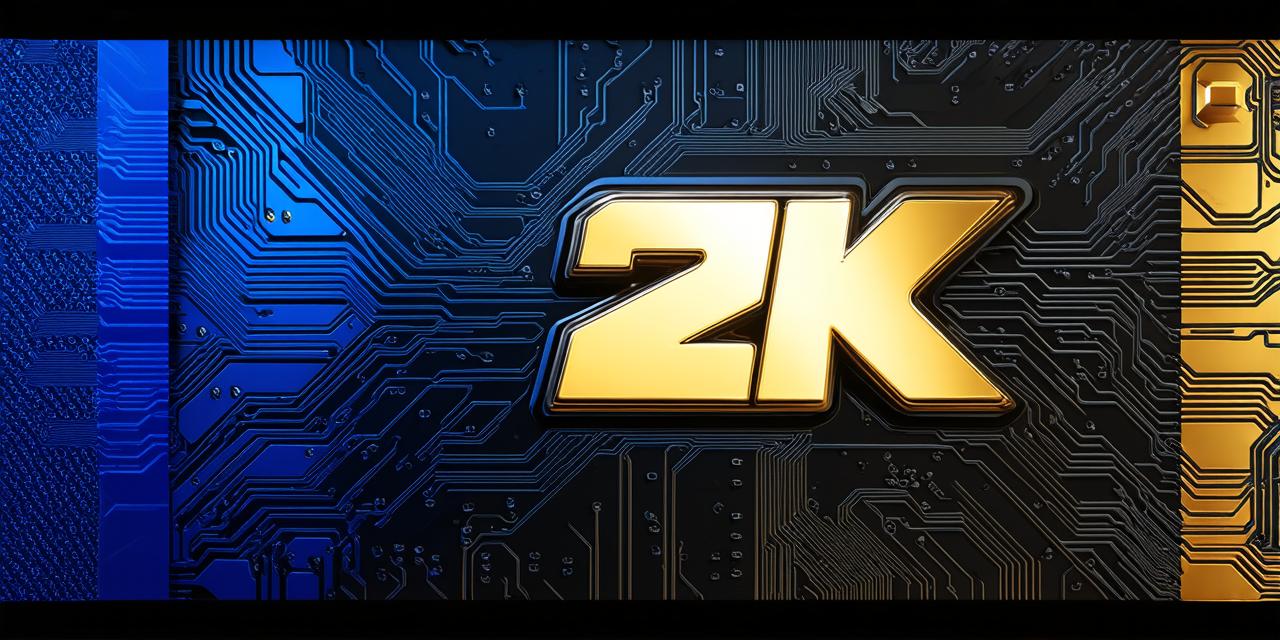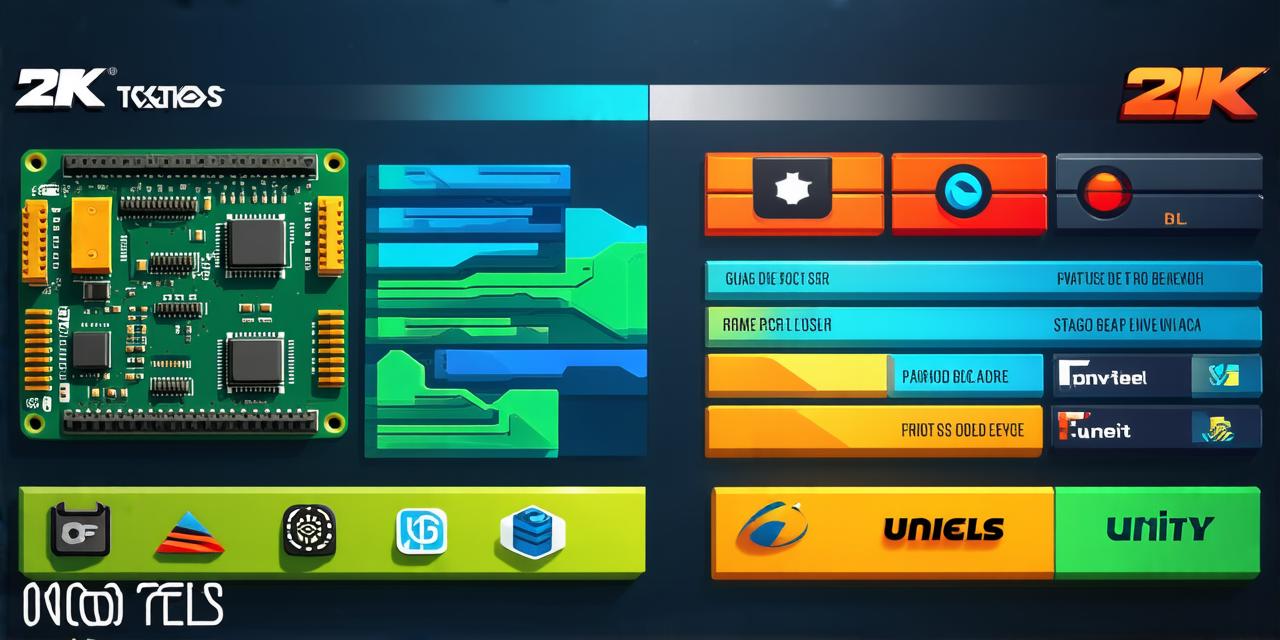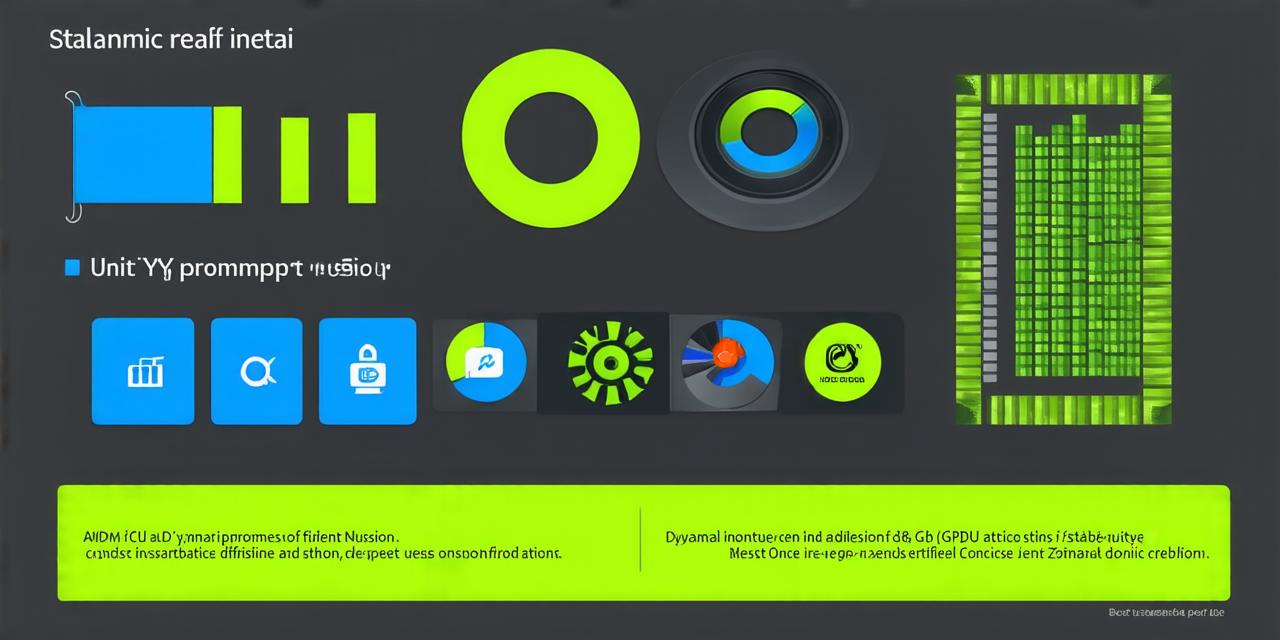Unity 3D is a popular game engine and development platform used for creating interactive 3D games, simulations, and virtual reality (VR) experiences. It was first released in 2005 by Unity Technologies and has since become one of the most widely used game engines in the industry.
Key Features of Unity 3D
Unity 3D offers a wide range of features that make it a versatile tool for game development, including:
- Scripting Support: Unity supports various scripting languages such as C and JavaScript, allowing developers to write custom logic for their games.
- Asset Store: The Unity Asset Store is an online marketplace where developers can find and purchase pre-made assets such as textures, models, and animations to use in their projects.
- 3D Content Creation Tools: Unity includes a range of tools for creating 3D content, including a built-in modeling and animation editor.
- Multiplayer Support: Unity supports multiplayer development, allowing developers to create games that can be played online by multiple players.
- Cross-Platform Development: With Unity, developers can create games that run on multiple platforms, including Windows, Mac, iOS, Android, and consoles like the PlayStation 4 and Xbox One.
- Virtual Reality Support: Unity includes built-in support for virtual reality development, allowing developers to create immersive VR experiences.
- Physics Simulation: Unity includes a physics engine that allows developers to simulate realistic physical interactions in their games.
- Post-Processing Effects: Unity offers a range of post-processing effects that can be used to enhance the visual quality of games and simulations.
- Audio Support: Unity includes tools for creating and implementing audio in games, including support for 3D audio.
- Collaboration Tools: Unity includes collaboration tools that allow multiple developers to work on a project simultaneously, making it easier to develop large-scale games.

Unity 3D vs. Other Game Engines
There are many game engines available for game development, each with its own strengths and weaknesses. Some of the key differences between Unity and other popular game engines include:
- Ease of Use: Unity is known for being easy to use, even for developers who have little or no experience in game development.
- Cross-Platform Development: Unity supports cross-platform development, allowing developers to create games that run on multiple platforms with a single codebase.
- Asset Store: The Unity Asset Store offers a vast library of pre-made assets that can be used to speed up development and save time.
- Multiplayer Support: Unity includes built-in support for multiplayer development, making it easier to create games that can be played online by multiple players.
- Virtual Reality Support: Unity includes built-in support for virtual reality development, allowing developers to create immersive VR experiences.
- Physics Simulation: Unity includes a physics engine that allows developers to simulate realistic physical interactions in their games.
- Scripting Support: Unity supports various scripting languages such as C and JavaScript, making it easy for developers to write custom logic for their games.
- Community Support: Unity has a large and active community of developers who contribute to the platform and provide support and resources for other developers.




